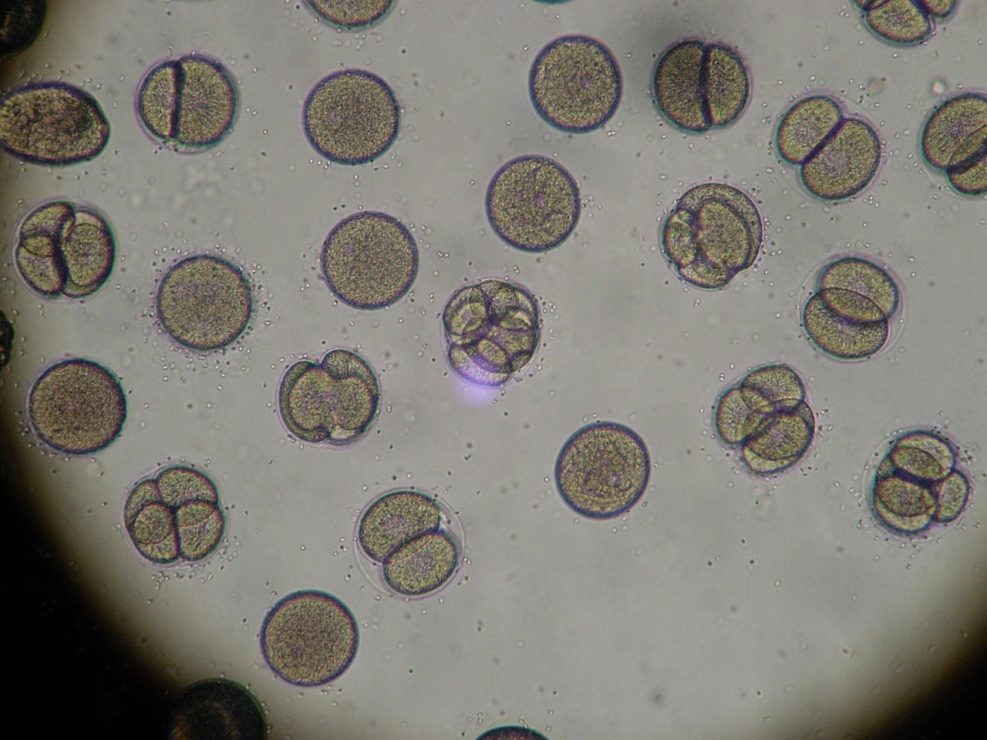Good science reporting shouldn’t be a rare commodity

Two simple, innocuous sentences — and I flung my Canadian Press (CP) Stylebook across the room before diving into an internet search. Is that really how journalism sees science?
I was working on an assignment for my journalism class, in which I outlined the major achievements of a world-renowned scientist. I did not remember how the style guide dealt with academic titles, so I flipped it open to check. “Do not use ‘Dr.’ for people with doctorates outside of the health-care field,” the guide remarked. “If pertinent, say a person has an earned or an honorary degree and give the discipline.”
It seemed odd that by following the CP guidelines, I would be unable to refer to a Nobel Prize winner by their academic title, while in the same article introducing their dentist or psychiatrist as “Dr.”
“Put simply, if everyone with a doctorate was described as a Dr., it would lead to confusion among readers, for whom it is generally accepted that the honorific ‘Dr.’ refers to a health-care professional,” said James McCarten, current editor of the Stylebook, in a Toronto Star article explaining the guidelines.
A doctorate is not a job title or an honorific, responded Beth Linas, a doctor of epidemiology, in a letter to the National Public Radio editor who had published an article similar to that of the Toronto Star. “It is a title that is earned only upon demonstration of a deep independent understanding of a specific narrow topic.”
“Dr.” conveys expertise, and by extension, trust. Are we, as journalists, not doing the public a disservice when we lift one profession to a preferred position while relegating the rest to a sentence modifier?
McCarten argues that the rule governing the use of “Dr.” is to provide clarity to readers. I counter that a good news story will be clear no matter the convention. Journalism demands impartiality and accuracy.
As a journalism student from a scientific background, I have been repeatedly told that my level of comfort with numerical data is an advantage. While I am pleased that my scientific skill set is being acknowledged, I lament the systemic fear of science that plagues our society. Educators telling their students not to be afraid of numbers is as nonsensical and unnecessary as proclaiming that there is nothing to fear from learning about the alphabet. Parents wonder why their children dislike math, yet all they say is “math is hard. I never liked it either.”
Journalists are expected to study a variety of documents for their work. My graduate diploma courses cover business reporting, court reporting, hard news, and feature stories. I have learned the fundamentals of audio mixing, film editing, and photography lighting. I delved into stock market news and labour reports. I combed through police files and company profiles. Yet, not a single one of my assignments even touched on scientific reporting.
Crime, corruption, and politics flood our daily media feeds, but science is rarely featured other than in major developments such as new vaccines or advances in space travel. Even then, science reporting is often done poorly. Many journalists lack a background in science — and falter by misquoting, omitting, overhyping, or missing the context on a study’s key findings. News stories are either cluttered with numbers or completely devoid of them.
Should journalists drop everything and become science aficionados? Of course not. However, should journalism embrace science as it has embraced other aspects of society? Absolutely. It must.
“Science values detail, precision, the impersonal, the technical, the lasting, facts, numbers and being right. Journalism values brevity, approximation, the personal, the colloquial, the immediate, stories, words and being right now. There are going to be tensions,” said BBC Radio 4’s Quentin Cooper, former host of the science program “Material World.”
Nevertheless, great reporting relies on facts. Science is made of facts. Separating science from journalism is not only illogical, it deprives the public of important information. The science behind climate change was known 30 years ago. Yet still we find ourselves in a society where it takes a global health crisis for greenhouse gas emissions to fall. Is it not in the public interest for journalists to hold politicians, businesses, and corporations accountable for ignoring science? After all, science seeks solutions. The least we can do is ensure it is properly reported.






